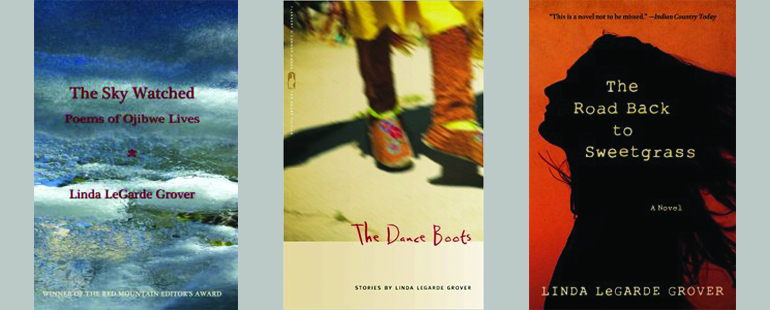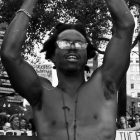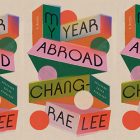Exploring Native American Literature with Linda LeGarde Grover
 Linda LeGarde Grover’s fiction and poetry reveal Native American lives in ways that don’t cater to expectations or alienate non-Native readers from gaining a deeper understanding of the culture.
Linda LeGarde Grover’s fiction and poetry reveal Native American lives in ways that don’t cater to expectations or alienate non-Native readers from gaining a deeper understanding of the culture.
Her novel The Road Back to Sweetgrass, a University of Minnesota Press publication, won the Native Writers’ Circle of the Americas First Book Award. The story is told from the perspectives of three women striving to remain true to themselves and their tribe, and it starts in the 1970s. Her short story collection, The Dance Boots, received the Flannery O’Connor Award and the Janet Heidinger Kafka Prize. This collection of linked stories gives us a peek into Indian boarding schools, honoring elders, and balancing modern American life with Native traditions. Her latest is The Sky Watched: Poems of Ojibwe Lives, which was released in September.
Grover is a member of the Bois Forte band of Ojibwe and sets her stories against the backdrop of federal American Indian policy. Her work is compelling and insightful. Her literary hand demonstrates a graceful ability to draw characters and bring readers thoroughly into what would otherwise seem foreign scenes.
Nichole L. Reber: What’s your favorite/most irritating myth about Natives? How would you set that record straight?
Linda LeGarde Grover: The most irritating myth about Natives? Goodness, how to choose! How about this one: when someone asks me questions about “the Native religion.” The answer I give, in as tactful a way as I can (because tact is also something we try to practice on the road of Bimaadiziiwin) is that there are many different religions and that we don’t wish to or try to convert anyone, quite the opposite.
NLR: What are some of the best resources to find Native writers and their works? Who are some Natives you read?
LLG: It is quite a challenge for almost all Native writers to get their work out there, and it is a sad thing that so many are un- or under-recognized. Here are some (and only some) whose fiction/prose/poetry work I admire: Geary Hobson, LeAnne Howe, Susan Power, Louise Erdrich, Eric Gansworth, Heid Erdrich, Kim Blaeser, David Treuer, Stephen Graham Jones, Erika Wurth, and Diane Glancy.
NLR: November is Native American Heritage month. How do you feel about this designation?
LLG: I, myself, don’t think of November as National Indian Month, or whatever people call it. Thanksgiving is my favorite national holiday, but for reasons that don’t have to do with Pilgrims or football (although I like football). Thankfulness is one of the foundations of Ojibwe worldview. In our journey along the path of Bimaadiziiwin (the Good Life) we endeavor to practice this in our lives every day. I try to do that. To me, the meaning that I try to focus upon is the concept of thankfulness as a traditional Ojibwe value. On the holiday of Thanksgiving my family and I don’t really think about the Pilgrims at all; instead, we gather to feast on a specially prepared meal and each other’s company.
NLR: What’s your favorite part of the writing process and what advice would you give to new writers?
LLG: Writing is fun, no doubt about it. I actually enjoy re-writes of my work (knowing where to stop can be a challenge). Advice to new writers: Save your work, write in little bits and pieces if it works for you, save what you write. Think of who you are writing for/to as you revise your work. Most importance advice: enjoy yourselves.



